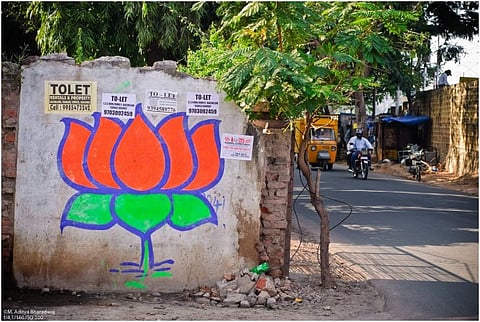Redefining the secular mode for India
Let us begin with the assumption that we want a secular society in India. How then would one define it? Very briefly, it would be a society governed largely by rational principles, such as ensuring the social welfare of all its citizens. This would be done by providing employment and a reasonable distribution of income, healthcare, access to education, and a guarantee of human rights. Such a society is possible within the framework of certain polities, since some are better equipped than others for this purpose. A secularising process is problematic since every society has multiple identities that have evolved through its history. A secular society need not deny religion (based on belief and not on rational principles), but at the same time it should not give primacy to religious organisations determining the character of the society. A secular society therefore is not anti-religious, but cannot permit religion to control the functioning of society.
Let me start with speaking about what I mean by secular. First, I would like to emphasise that the prevalent Indian definition of secularism is not only inadequate but tangential. Second, I would like to consider what is meant by secularising society as different from endorsing the secular. Third, I would like to argue that religious articulation and organisation has been historically different in India (and possibly China) from that of Europe, and our understanding of it needs rethinking. And fourth, I would like to argue that there has been in Indian thought, a strong potential for nurturing a secular society.

